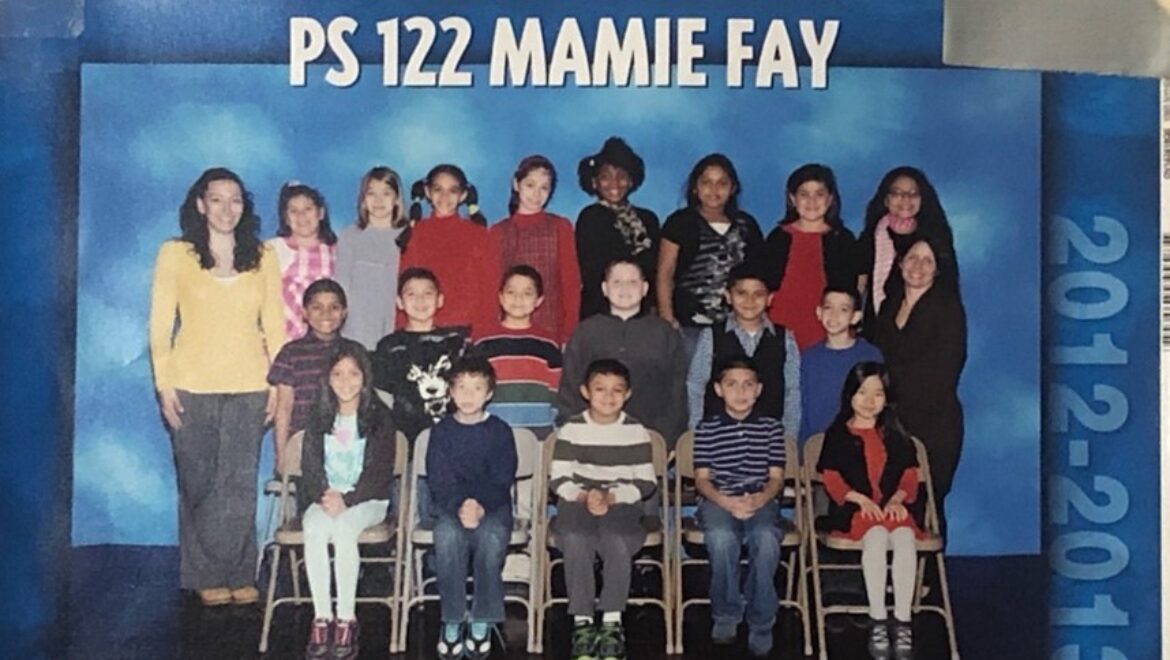Rhetorical Analysis of Amy Tan’s Mother Tongue
Animesh Ray
One excellent strategy Tan uses when she talks starts off her narrative with a tone that appeals to the audience and tells her she is unbiased and honest. She said that she is not exceptional in “English or literature” which shows how she was straightforward with how she speaks which is not the best for the readers. She fully acknowledges this. She then proceeds to talk about how she loves languages being a writer and everything for it. The language she displays is a very strong tool and how much you can interpret it. This gives more content to the readers about how she is invoking passion for the topic of languages and Englishes. This also appeals to the audience to gain their trust for her concrete passion of the work she does with her writing. Tan also uses the rhetorical strategy of employing commentary to present her data. She gave out her lengthy speech in which she would describe “grammatical errors” that have occurred within it purposefully and how far she has come. The readers are grasping the scenario she is in and willing to demonstrate the problems with her English. With all this in mind, Amy Tan as you can see wants the audience to take her perspective and point seriously with the argument she is trying to employ to the audience. She simply wants the audience to relate to her and her problems with the language barrier. Even though she was a proficient writer to where she is now, she wants to talk about her real experience and her real problems. She could have started out the essays on what she has accomplished but didn’t to her advantage to have the audience be attached to her argument.
In this narrative, Amy Tan has used pathos to appeal to the audience. With how she is starting off the essay mentioned in the earlier paragraph, you can see how she is going with her narrative. She uses the words like “broken” and “fractured” to indulge us in to how she is annoyed by her mother’s English as she said it would others would perceive her and her family as inferior. A lot of the audience that is a part of second-generation Americans can relate to what Tan mentioned here. People would simply be bothered by how their first-generation parents have trouble with their ability to speak English and others that are proficient in it would look down on them. And with all this Tan had to help out her mother with her English skills as a sort of like a translator almost to the people out in public. She pointed out that she received phone calls in which she would pretend to be her mother to speak to them. Another instance would be the big Cat Scan incident where Amy Tan’s mother was simply dismissed by the Hospital. The pathos in this part of her narrative stands out a lot and provides a contrary claim to how she had a family of improper English and she has an audience of readers who are proficient in it. This is to let out her argument even more and make it more compelling.


